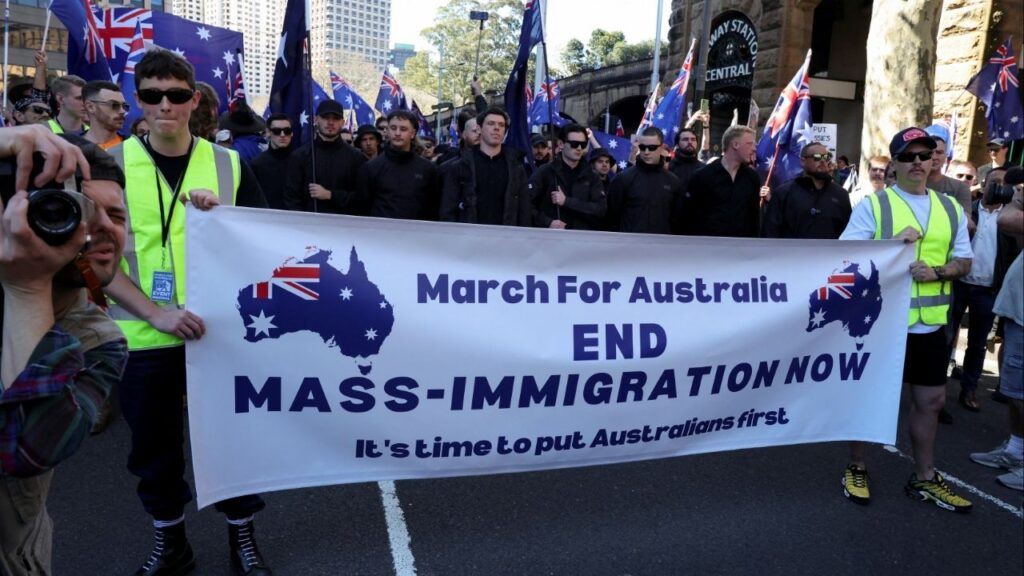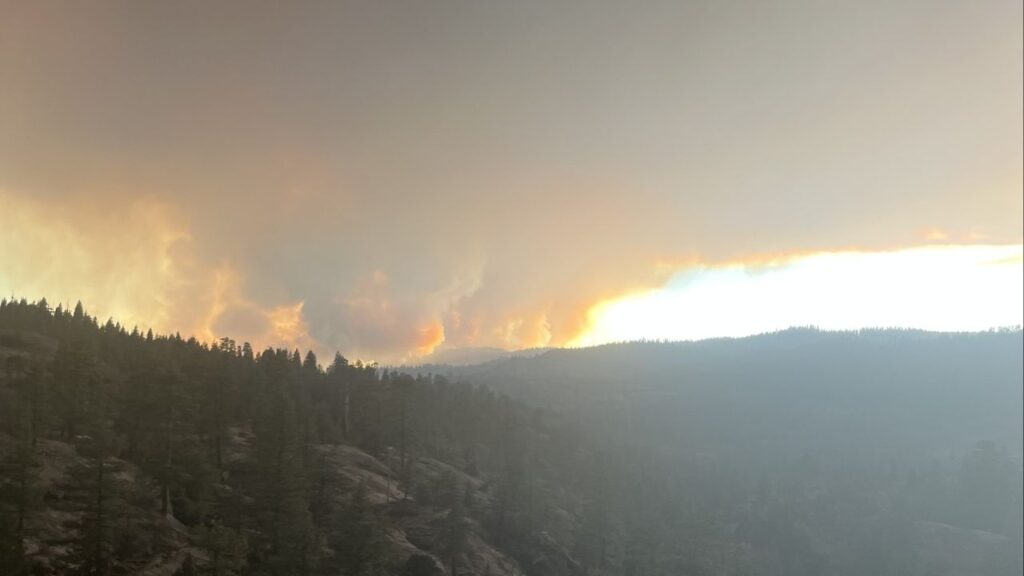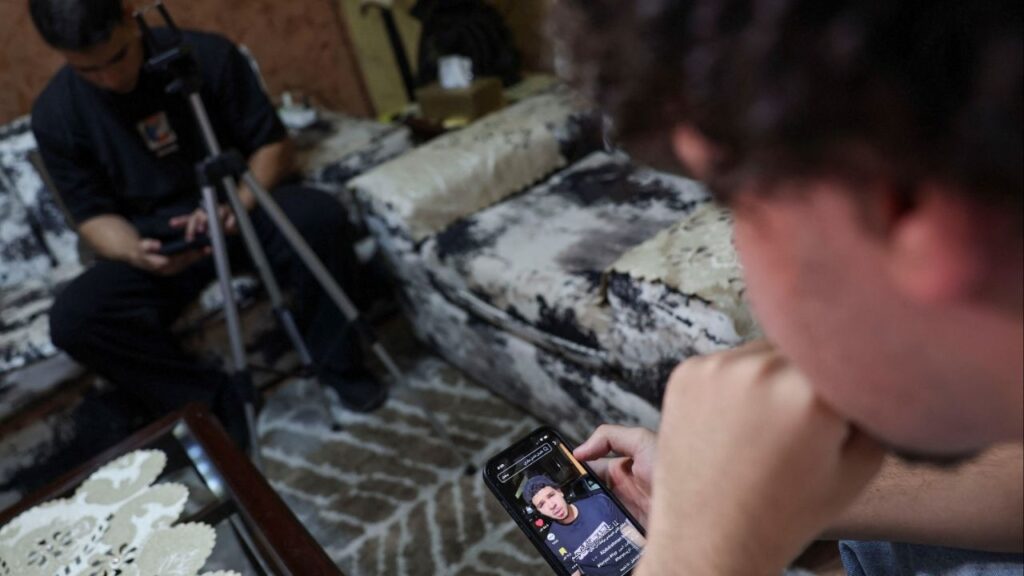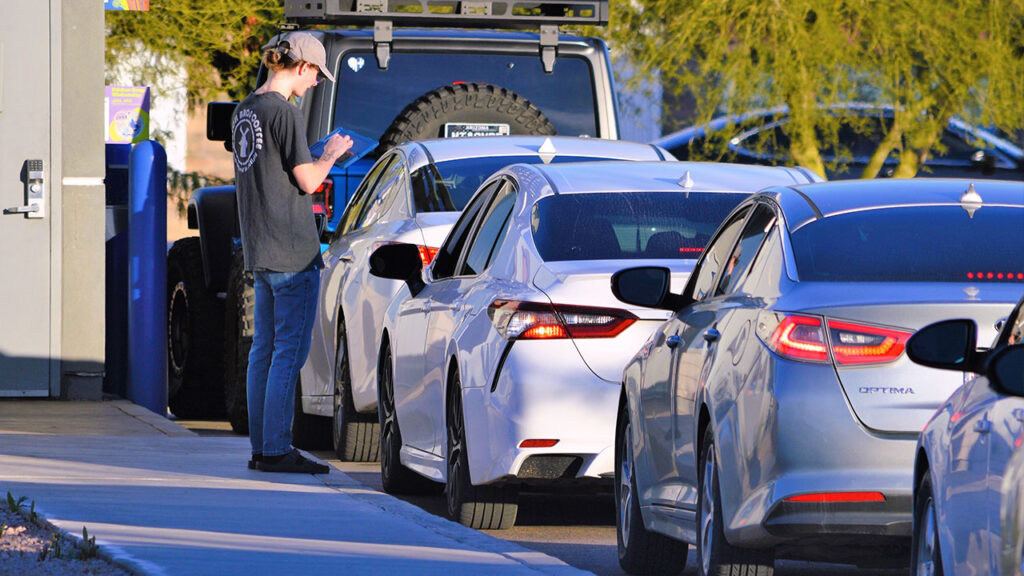First Cheetah Cubs Born as Result of Embryo Transfer
Share
[aggregation-styles]
Smithsonian’s National Zoo & Conservation Biology Institute
Scientists at the Smithsonian Conservation Biology Institute (SCBI) and the Columbus Zoo have successfully transferred cheetah embryos produced by in vitro fertilization (IVF) to a surrogate cheetah mom for the first time. Two cubs were born Feb. 19 to 3-year-old mom Izzy, though the cubs’ biological mom is 6 1/2-year-old, Kibibi. Cheetahs naturally have low genetic diversity due to a near extinction at the end of the last ice age.
However, techniques scientists use to boost genetic diversity and health in other endangered and vulnerable species have not had much success in cheetahs. IVF embryo transfer will help scientists and zoos build the most robust and genetically healthy insurance population of cheetahs in human care possible, and potentially could even help the genetics of wild cheetahs.
For the embryo-transfer procedure, scientists collected semen from a male cheetah living at Fossil Rim Wildlife Center in Texas in February 2019 and froze it. They then harvested eggs from Kibibi at the Columbus Zoo Nov. 19, 2019, and performed in vitro fertilization, fertilizing them in a laboratory with the sperm collected in Texas earlier that year. The fertilized embryos were then transferred to Izzy’s oviduct Nov. 21, 2019. It was only the third time scientists had ever attempted the procedure.
Read More →
Smithsonian’s National Zoo & Conservation Biology Institute
Scientists at the Smithsonian Conservation Biology Institute (SCBI) and the Columbus Zoo have successfully transferred cheetah embryos produced by in vitro fertilization (IVF) to a surrogate cheetah mom for the first time. Two cubs were born Feb. 19 to 3-year-old mom Izzy, though the cubs’ biological mom is 6 1/2-year-old, Kibibi. Cheetahs naturally have low genetic diversity due to a near extinction at the end of the last ice age.
However, techniques scientists use to boost genetic diversity and health in other endangered and vulnerable species have not had much success in cheetahs. IVF embryo transfer will help scientists and zoos build the most robust and genetically healthy insurance population of cheetahs in human care possible, and potentially could even help the genetics of wild cheetahs.
For the embryo-transfer procedure, scientists collected semen from a male cheetah living at Fossil Rim Wildlife Center in Texas in February 2019 and froze it. They then harvested eggs from Kibibi at the Columbus Zoo Nov. 19, 2019, and performed in vitro fertilization, fertilizing them in a laboratory with the sperm collected in Texas earlier that year. The fertilized embryos were then transferred to Izzy’s oviduct Nov. 21, 2019. It was only the third time scientists had ever attempted the procedure.
Read More →
24 Feb 2020
RELATED TOPICS:
Trump Says He Will Order Voter ID Requirement for Every Vote
Politics /
16 hours ago
Greta Thunberg Joins Flotilla Heading for Gaza With Aid
World /
16 hours ago
Chicago Mayor Says Police Will Not Aid Federal Troops or Agents
U.S. /
16 hours ago
Post-War Gaza Plan Sees Relocation of Population, ‘Digital Token’ for Palestinian Land: Washington Post
World /
16 hours ago
Labor Day Quiz: Do You Know What a Knocker-Upper Is?
Opinion /
17 hours ago
Judge Blocks Pillar of Trump’s Mass Deportation Campaign
Latest /
2 days ago
Visalia Driver Arrested for DUI After Multiple Crashes and Pedestrian Injured
Crime /
2 days ago
Fresno County Garnet Fire Grows to 18,748 Acres in Sierra National Forest
A lightning-sparked wildfire, the Garnet Fire, in the Sierra National Forest has burned 18,748 acres in Fresno County and remains at 8% cont...
Local /
15 hours ago
Categories
Latest
Videos
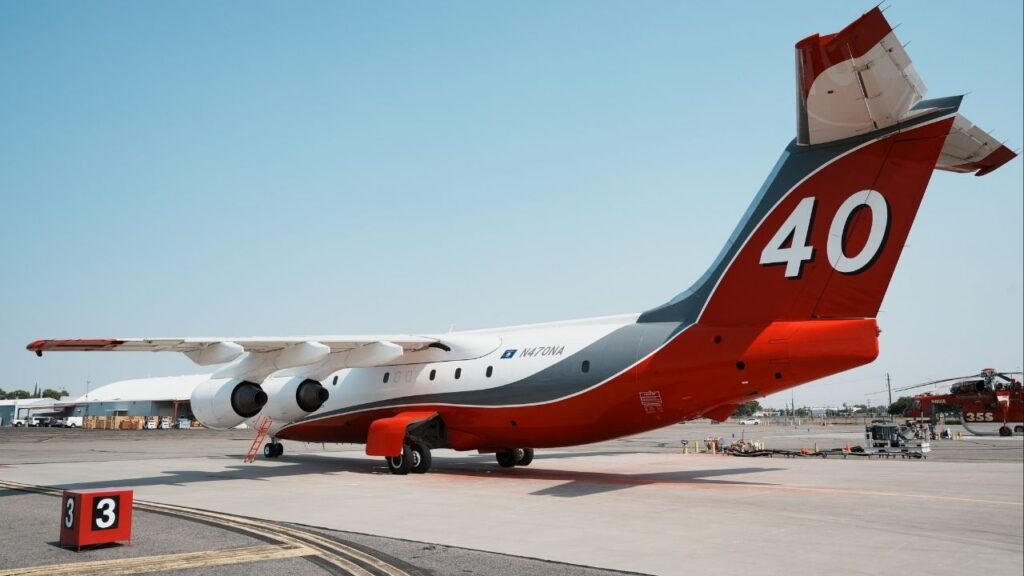
Local /
15 hours ago
Fresno County Garnet Fire Grows to 18,748 Acres in Sierra National Forest
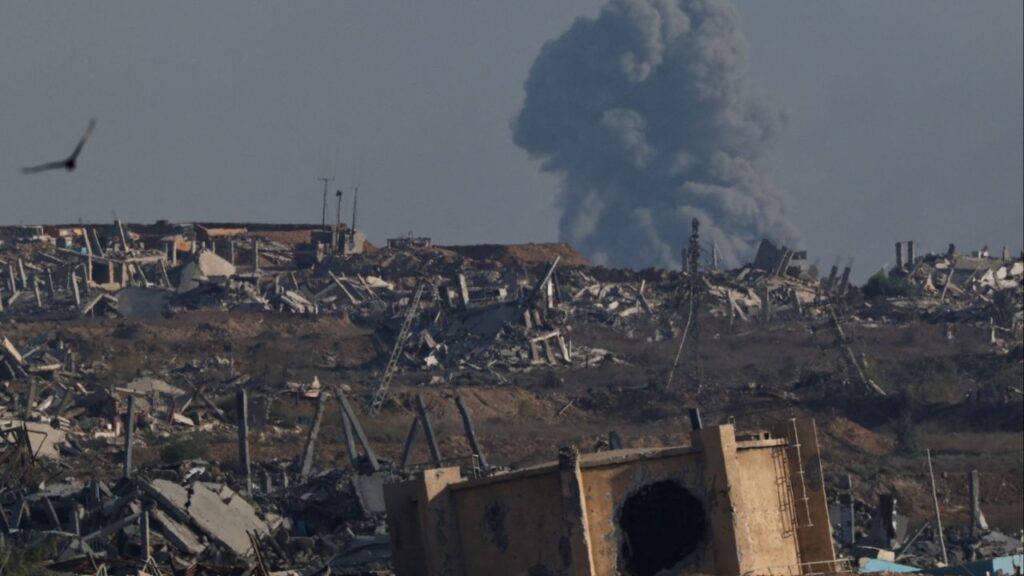
World /
16 hours ago
Israel Pounds Gaza City Suburbs, Netanyahu to Convene Security Cabinet
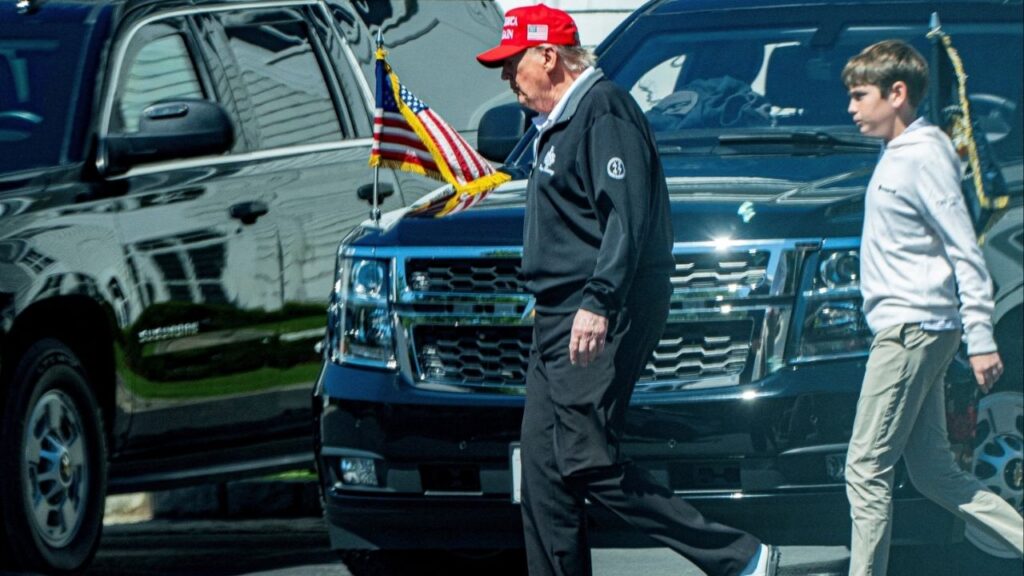
Politics /
16 hours ago
Trump Says He Will Order Voter ID Requirement for Every Vote
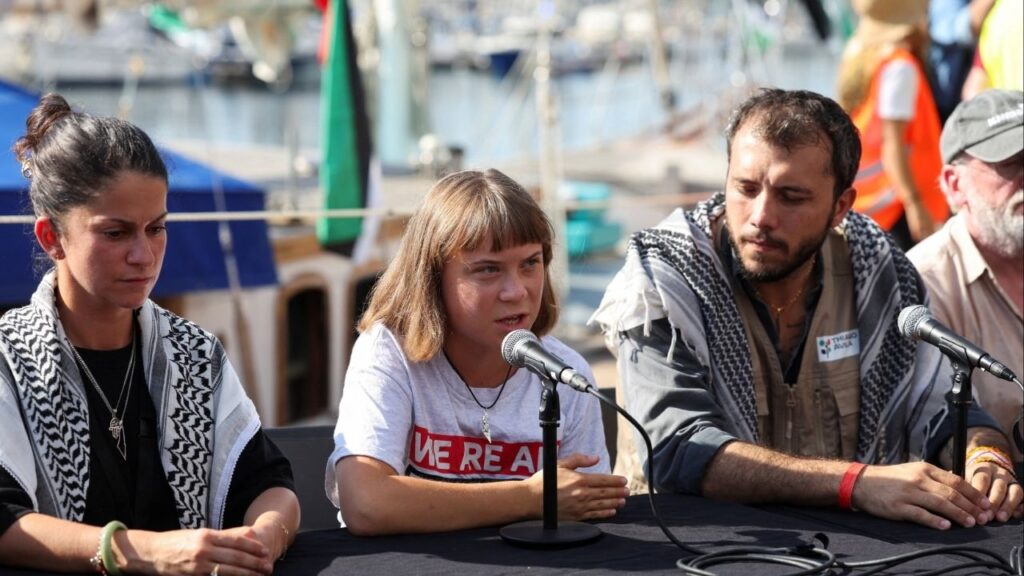
World /
16 hours ago
Greta Thunberg Joins Flotilla Heading for Gaza With Aid

U.S. /
16 hours ago
Chicago Mayor Says Police Will Not Aid Federal Troops or Agents
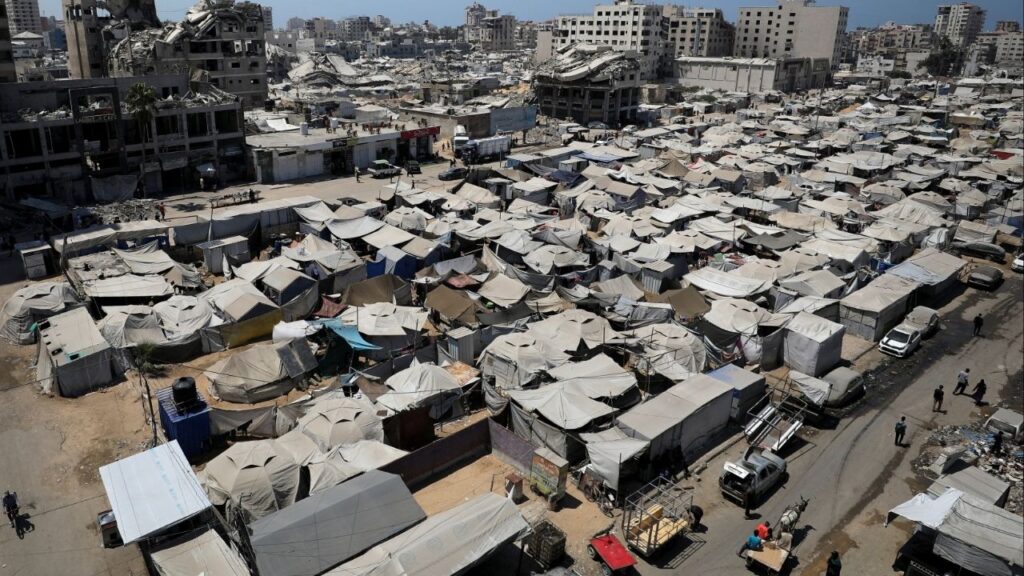
World /
16 hours ago
Post-War Gaza Plan Sees Relocation of Population, ‘Digital Token’ for Palestinian Land: Washington Post
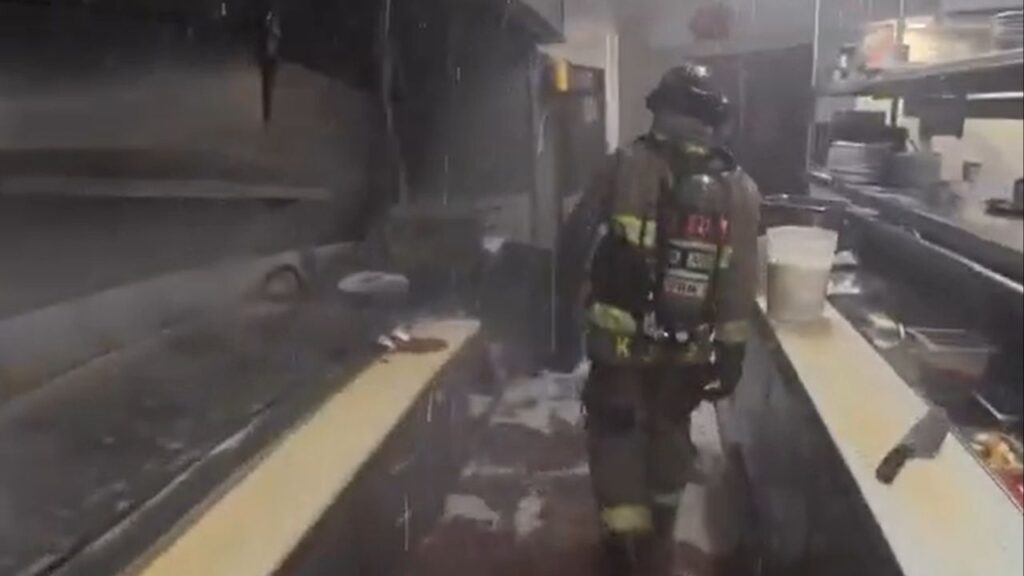
Video /
2 days ago





